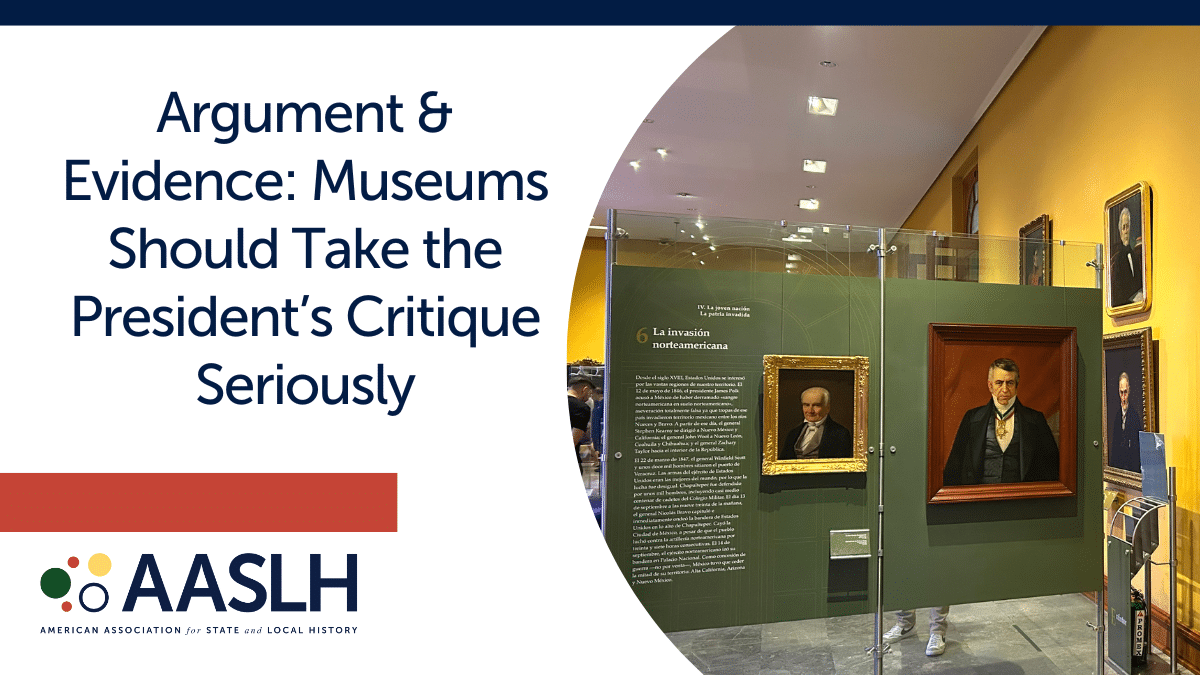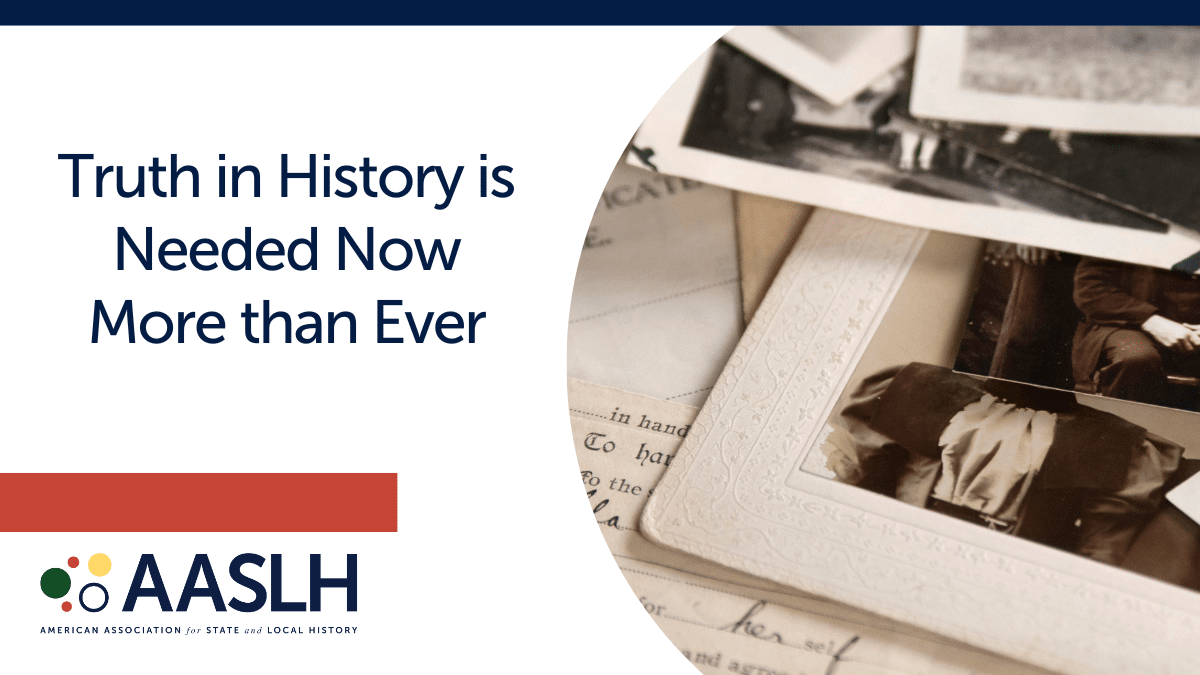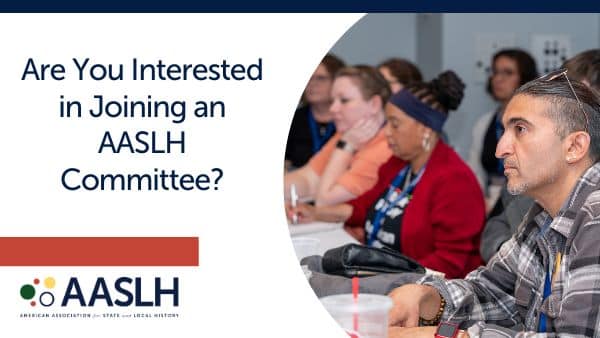
By Cora Arney, Historical Consultant/House Manager, Delhi Historical Society, Cincinnati, OH
This year, it was my pleasure to attend the AASLH Annual Meeting in Kansas City thanks to the generous Small Museums Scholarship. My last experience at the AASLH Annual Meeting was as a graduate student through the Northern Kentucky University Public History program, and this time around was a whole new experience. I learned very quickly how different it is to attend as a small museum professional than it was to attend as a student.
Having managed the Delhi Historical Society and other organizations in Cincinnati, Ohio, the sessions gave me a whole new perspective on the skills I apply daily at my workplaces. At first, I was intimidated when some of the speakers explained their challenges of being a department of one, or how they manage volunteers in an organization that had 1,000 volunteers! As the only paid staff member at DHS, I find myself being a “part-time” one-woman-show for every “department” (with the help of volunteers, of course!) and we only have about fifty volunteers.
Thankfully, with the help of the scholarship to cover the Small Museum Luncheon, I had the perfect opportunity to network with so many people who share the same role as me and who were experiencing the conference from the same perspective. Together, we strategized about how to apply the knowledge gained from the larger organizations to our smaller sites. It was very empowering to be a part of that community, to hear stories that my organization could relate to, and to learn new techniques to tackle common obstacles in small museums.

Another amazing experience was the chance to interact with other organizations in the StEPs program. It was very helpful to meet and compare notes with others in the program that have similar goals, as well as hearing their experiences within their organizations. During the StEPS Meet up, Erin Richardson Consulting discussed deaccessioning policies. After her brief lecture, she split us into “collections committees” and gave us multiple scenarios where we had to make decisions about the collections based on the fictitious museum’s mission and history. It was a fun and effective way to apply the knowledge from her presentation. She also provided a lot of helpful feedback on each of our institution’s deaccessioning policies. I made sure to bring her ideas to the DHS collections committee, who were very pleased and excited to put some of the processes into practice.
In addition to small museum sessions, I chose topics focused on management and leadership skills, as well as sessions that explored inclusivity in museum audiences. Though all of them were interesting and insightful, the ones that I gravitated towards the most focused on finding stories of underrepresented people in our communities, provided tips on working with the community to learn what they want from your organization, and offered advice on how to balance that with your governing authority. Especially in small historic museums like DHS, it’s vitally important to find history that’s relevant not only to the community in a historical sense, but also to the society of today.
I have already applied what I learned from the AASLH Annual Meeting to many areas of my roles at the Delhi Historical Society and as the Vice President of the Museums and Historic Sites of Greater Cincinnati, and I couldn’t be more thankful for the Small Museum Scholarship that allowed me the opportunity to attend. The conference has been incredibly valuable, not only to myself, but also to the entire Cincinnati small museum network. I look forward to sharing what I’ve learned with small museum professionals in Cincinnati, as well as inviting people in our community to contribute to topics that can bring a fuller and richer understanding of history to our society.



